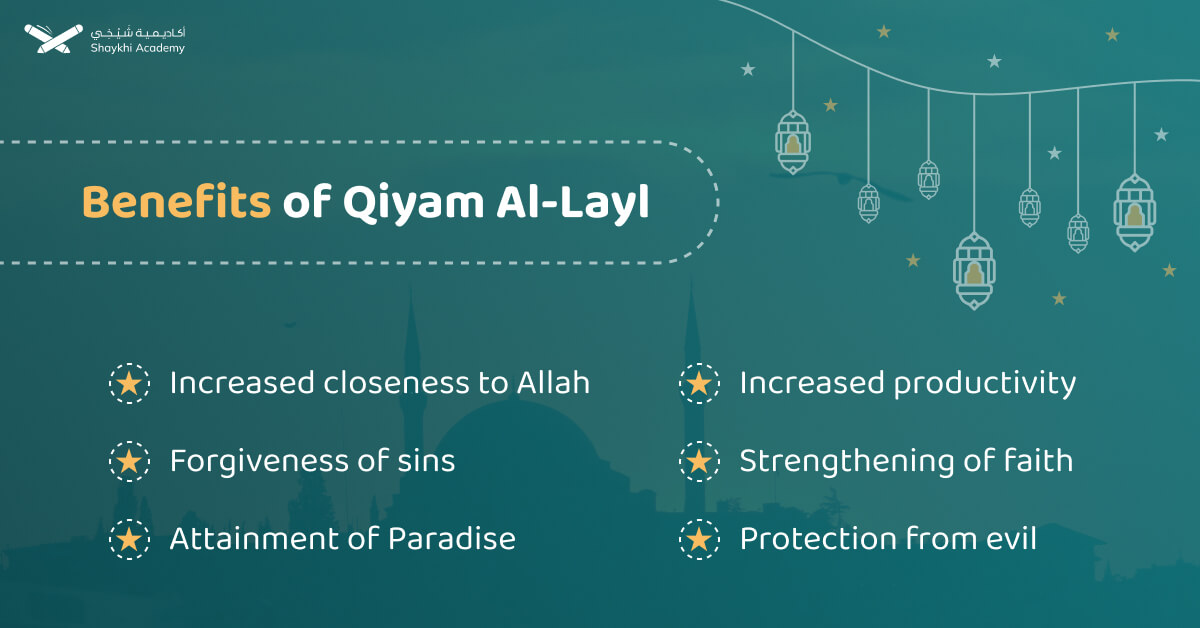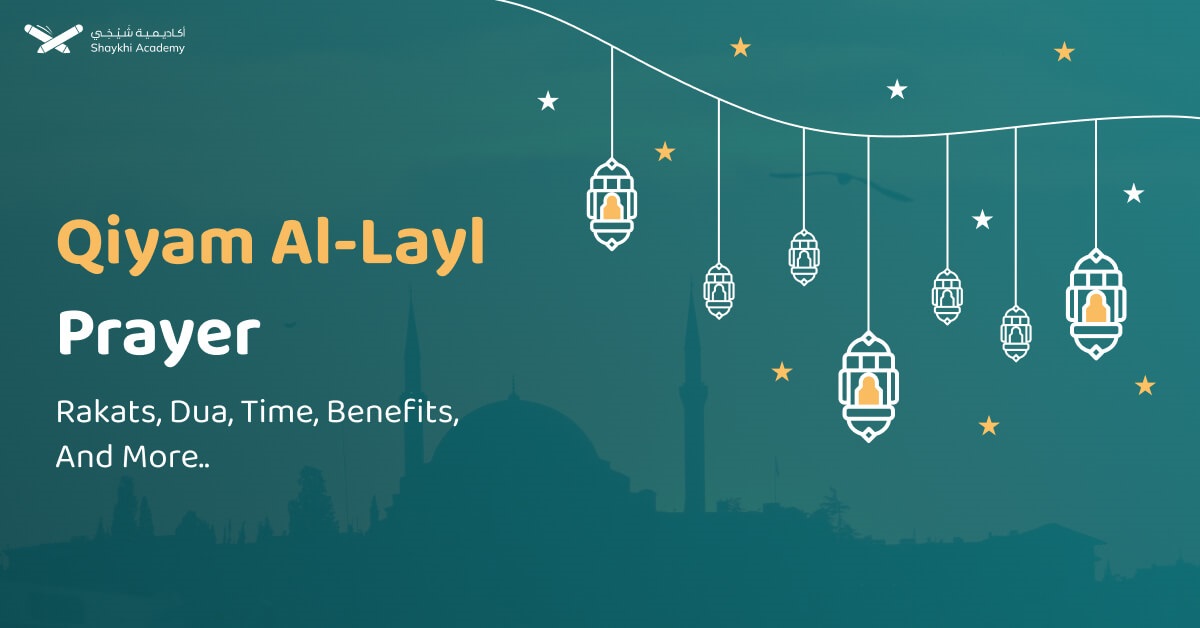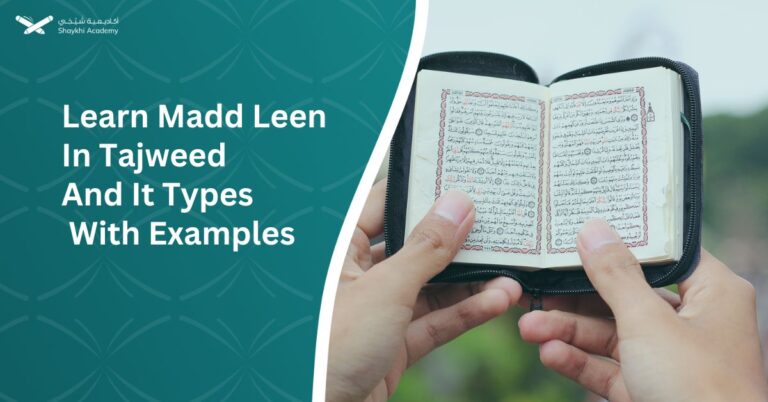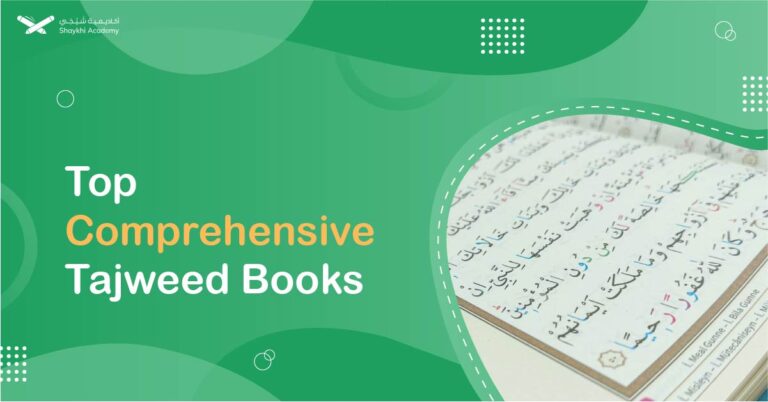Qiyam al-Layl, or the Night Vigil, is a voluntary prayer performed by Muslims after the Isha prayer and before the Fajr prayer. It involves recitation of the Quran, supplications, and optional prostrations, typically in sets of two Rakats each.
Muslims may pray Qiyam individually at home or in congregation at the mosque, especially during Ramadan. The benefits of Qiyam al-Layl include increased closeness to Allah, forgiveness of sins, productivity, strengthening of faith, protection from evil, personal reflection, and self-improvement.
The best time for Qiyam prayer is during the last third of the night, closer to Fajr prayer, when Allah descends to the lowest heaven, asking for supplications. Qiyam al-Layl is distinguished from Tahajjud, which is prayed specifically in the last ten days of Ramadan. Hadith literature emphasizes the virtues of Qiyam al-Layl, encouraging believers to engage in this noble act of devotion.
Qiyam al-Layl, the Night Vigil, holds a unique and cherished place in the practice of Islam, representing a deeply personal and profound connection between the believer and their Creator.
What is Qiyam Al-Layl?
Qiyam Al-Layl is a voluntary prayer performed by Muslims at night after the Isha (night) prayer and before the Fajr (dawn) prayer. It is a highly recommended act of worship, especially during the last third of the night, and is considered a means of drawing closer to Allah and seeking His forgiveness and mercy.
The practice involves recitation of the Qur’an, supplications, and optional prostrations. Many Muslims believe that engaging in Qiyam al-Layl brings numerous spiritual benefits and blessings.
Qiyam Rakats
One of the notable aspects of Qiyam prayer is that it is typically performed in sets of two Rakats each, unlike the obligatory prayers which have a fixed number of Rakats.
This practice of praying in sets of two Rakats during Qiyam al-Layl is based on the tradition of the Prophet Muhammad (peace be upon him), who is reported to have prayed in this manner. It is believed that performing Qiyam prayer in sets of two Rakats each brings spiritual benefits and draws one closer to Allah.
How Many Rakats in Qiyam Al-Layl?
Qiyam Rakats refer to the units of prayer performed during the Qiyam al-Layl (night prayer). Unlike the obligatory prayers, which have a fixed number of Rakats, the Qiyam prayer is voluntary and can vary in length and number of Rakats.
Muslims may choose to pray any number of Rakats during Qiyam, typically in sets of two Rakats each, although some may pray more depending on personal devotion and practice.
How to Pray Qiyam Al-Layl?
It is recommended to perform Qiyam prayer in congregation in the mosque, especially during Ramadan, as the rewards are greater when praying together with others.
1- Make intention (Niyyah):
Intend in your heart that you are performing Qiyam al-Layl for the sake of Allah.
2- Perform ablution (Wudu):
Ensure you are in a state of purity by performing wudu as a preparation for the prayer.
3- Visit the mosque:
Go to the mosque during the night, preferably during the last third of the night when Qiyam al-Layl is more rewarding.
4- Offer the Isha prayer:
If you have not already prayed the Isha prayer, join the congregation for the Isha prayer in the mosque.
5- Stay for Qiyam al-Layl:
After the Isha prayer, stay in the mosque for Qiyam prayer. Many mosques hold congregational prayers for Qiyam al-Layl during Ramadan or on special occasions.
6- Follow the Imam:
If there is an Imam leading the Qiyam al-Layl prayer, follow his lead in the prayer. If you are praying individually, you can start your prayer on your own.
7- Begin the prayer:
Start the prayer by saying “Allahu Akbar” and recite the opening supplication (dua al-istiftah).
8- Recite Quran:
Recite any portion of the Quran you know in each rakat. You can start with Surah Al-Fatihah and then recite other chapters. Many fellow Muslims find joining Shaykhi Academy’s Quranic recitation course very beneficial as it helps them learn the right way of reciting the Quran in prayer.
9- Rukoo and Sujood:
After reciting the Quran, bow down into Rukoo and then prostrate into sujood. Repeat this sequence for each rakat.
10- Tashahhud and Salam:
After completing the desired number of Rakats, sit for the Tashahhud and then conclude the prayer with the Tasleem by turning your head to the right and saying, “Assalamu Alaikum wa Rahmatullah.”
11- Make Dua:
Take some time after the prayer to make dua to Allah. This is a special time when dua is more likely to be accepted.
12- Leave the mosque:
After completing your prayer and making dua, leave the mosque quietly and peacefully.
How to Pray Qiyam Al-Layl at Home?
Praying Qiyam al-Layl is a voluntary prayer that can be performed individually at home. Here is a general guide on how to perform it:
1- Make intention (Niyyah):
Before starting the prayer, make a sincere intention in your heart to perform Qiyam prayer for the sake of Allah.
2- Perform ablution (Wudu):
Just like any other prayer, ensure you are in a state of purity by performing Wudu (ablution).
3- Offer the Isha prayer:
Qiyam prayer is performed after the obligatory Isha prayer. If you have not prayed Isha yet, perform it first.
4- Choose the number of Rakats:
Decide how many Rakats (units) of prayer you intend to perform. Traditionally, Qiyam al-Layl is prayed in sets of two Rakats, but you can pray as many as you wish.
5- Begin the prayer:
Start the prayer by making the opening takbir (saying “Allahu Akbar”) and reciting the opening supplication (Dua Al-Istiftah).
6- Recite Quran:
In each rakat, recite any portion of the Quran you know. Commonly recited chapters include Surah Al-Fatihah and other chapters such as Surah Al-Ikhlas, Al-Falaq, and An-Nas. Reciting these Quranic Surahs require some knowledge in Tajweed rules, which can be found in Quranic Tajweed courses at Shaykhi Academy.
7- Rukoo and Sujood:
After reciting the Quran, bow down into Rukoo (bowing position) and then prostrate into Sujood (prostration). Repeat this sequence for each rakat.
8- Tashahhud and Salam:
After completing the desired number of Rakats, sit for the Tashahhud (testification of faith) and then conclude the prayer with the Tasleem (salutation) by turning your head to the right and saying, “Assalamu Alaikum wa Rahmatullah” (Peace be upon you and the mercy of Allah).
9- Make dua:
In the last rakat or after completing the prayer, take some time to make dua (supplication) to Allah. This is a special time when dua is more likely to be accepted.
10- Consistency:
While praying Qiyam al-Layl occasionally is rewarding, maintaining consistency in performing it is more beneficial. Start with a few Rakats and gradually increase as you become more comfortable.

Benefits of Qiyam Al-Layl:
Qiyam prayer is a deeply rewarding and spiritually enriching practice that brings numerous benefits to the individual who engages in it.
1- Increased closeness to Allah:
Qiyam al-Layl is a time when the distractions of the day are minimal, allowing for a deeper connection with Allah. It is an opportunity to strengthen one’s relationship with the Creator through prayer and reflection.
2- Forgiveness of sins:
The Prophet Muhammad (peace be upon him) said, “Follow up a bad deed with a good deed, and it will wipe it out.” (Tirmidhi) Performing Qiyam al-Layl is considered a good deed that can help erase sins and attain Allah’s forgiveness.
3- Attainment of Paradise:
The Prophet Muhammad (peace be upon him) said, “In Paradise, there are apartments the outside of which can be seen from the inside and the inside of which can be seen from the outside.” A Bedouin stood up and said, “Who are they for, O Messenger of Allah?” He said, “They are for those who speak good words, feed others, fast regularly, and pray to Allah at night when people are sleeping.” (Ibn Majah)
4- Increased productivity:
Waking up for Qiyam prayer requires discipline and determination, which can translate into increased productivity in other areas of life. It sets a positive tone for the day ahead and helps one accomplish more in both spiritual and worldly matters.
5- Strengthening of faith:
Qiyam al-Layl is a demonstration of one’s faith and devotion to Allah. It strengthens one’s belief in the unseen and increases reliance on Allah for guidance and support.
6- Protection from evil:
The Prophet Muhammad (peace be upon him) said, “Whoever prays during the night and fasts during the day will enter Paradise.” (Sunan an-Nasa’i) Praying Qiyam al-Layl is a means of seeking protection from evil and gaining Allah’s favor and protection.
7- Personal reflection and self-improvement:
The quietude of the night is conducive to introspection and self-assessment. Praying Qiyam al-Layl allows one to reflect on their actions and behavior, identify areas for improvement, and strive to become a better person.
What Time Is Qiyam Al-Layl?
Praying Qiyam al-Layl at any time during the night is a flexible and rewarding practice in Islam. It is permissible to pray it at any time after the Isha prayer and before the Fajr prayer.
The important thing is to make a sincere effort to engage in this voluntary prayer and to seek closeness to Allah. By praying Qiyam al-Layl at any time during the night, one can still benefit spiritually and earn rewards, demonstrating devotion and dedication to their faith.
What Is the Best Time for Qiyam Al-Layl?
The best time for Qiyam prayer is during the last third of the night, closer to the time of Fajr (dawn) prayer. This is a time when the night is peaceful and quiet, making it ideal for reflection, prayer, and seeking closeness to Allah.
It is believed that during this time, Allah descends to the lowest heaven, asking, “Who is calling upon Me, that I may answer him? Who is asking of Me, that I may give him? Who is seeking forgiveness from Me, that I may forgive him?” (Bukhari and Muslim).
Difference between Qiyam Al-Layl and Tahajjud:
Qiyam prayer is a general Sunnah Prayer that Muslim could pray at any time at night, we can pray at individually at home or in Mosque as groups, but Tahajjud is a Sunnah prayer that Muslims pray in the last ten days in Ramadan during the third part of the night and we pray it in groups.
Dua for Qiyam Al-Layl;
Allah SWT gave Qiyam Alyal to Muslims as a chance to get closer to Allah and ask him for forgiveness, success in life and afterlife, entering Jannat Al Firdaws and anything that a Muslim wants, he could ask it from Allah.
1- Duaa for Seeking Allah’s Forgiveness:
This Dua is a heartfelt plea for forgiveness, acknowledging Allah’s divine attributes and seeking His mercy and pardon for sins committed.
Arabic: اللَّهُمَّ أَنْتَ رَبِّي لَا إِلَهَ إِلَّا أَنْتَ، خَلَقْتَنِي وَأَنَا عَبْدُكَ، وَأَنَا عَلَى عَهْدِكَ وَوَعْدِكَ مَا اسْتَطَعْتُ، أَعُوذُ بِكَ مِنْ شَرِّ مَا صَنَعْتُ، أَبُوءُ لَكَ بِنِعْمَتِكَ عَلَيَّ، وَأَبُوءُ بِذَنْبِي فَاغْفِرْ لِي فَإِنَّهُ لَا يَغْفِرُ الذُّنُوبَ إِلَّا أَنْتَ.
Transliteration: Allahumma anta Rabbi la ilaha illa anta, Khalaqtani wa ana ‘abduka, wa ana ‘ala ‘ahdika wa wa’dika mastata’tu, A’udhu bika min sharri ma sana’tu, abu’u Laka bini’matika ‘alaiya, wa Abu Laka bidhanbi faghfirli innahu la yaghfiru adhdhunuba illa anta.
Translation: O Allah, You are my Lord, there is no god but You. You created me and I am Your servant, and I am faithful to my covenant and my promise to You as much as I can. I seek refuge with You from the evil of what I do. I acknowledge Your favor upon me, and I acknowledge my sin, so forgive me, for there is none who forgives sins except You.
2- Duaa for Seeking Forgiveness and Mercy:
This Dua is a humble plea for forgiveness and mercy, acknowledging one’s mistakes and shortcomings and seeking Allah’s pardon and compassion.
Arabic: اللَّهُمَّ إِنِّي ظَلَمْتُ نَفْسِي ظُلْمًا كَثِيرًا، وَلَا يَغْفِرُ الذُّنُوبَ إِلَّا أَنْتَ، فَاغْفِرْ لِي مَغْفِرَةً مِنْ عِنْدِكَ وَارْحَمْنِي إِنَّكَ أَنْتَ الْغَفُورُ الرَّحِيمُ.
Transliteration: Allahumma inni zalamtu nafsi zulman kathiran, wa la yaghfirudh-dhunuba illa anta, faghfirli maghfiratan min ‘indika, warhamni, innaka antal-Ghafurur-Rahim.
Translation: O Allah, I have wronged myself greatly, and no one forgives sins except You. So grant me forgiveness from You and have mercy on me. Surely, You are the Forgiver, the Merciful.
3- Duaa for Seeking Forgiveness and Seeking Betterment:
This dua is a heartfelt plea to seek forgiveness from Allah for past mistakes, ignorance, and any excesses in behavior. It acknowledges that Allah knows better than the individual and asks for forgiveness for sins committed knowingly or unknowingly, intentionally or unintentionally.
Arabic: رَبِّ اغْفِرْ لِي خَطِيئَتِي وَجَهْلِي وَإِسْرَافِي فِي أَمْرِي كُلِّهِ وَمَا أَنْتَ أَعْلَمُ بِهِ مِنِّي، اللَّهُمَّ اغْفِرْ لِي خَطَايَايَ وَعَمْدِي وَجَهْلِي وَهَزْلِي، وَكُلُّ ذَلِكَ عِنْدِي، اللَّهُمَّ اغْفِرْ لِي مَا قَدَّمْتُ وَمَا أَخَّرْتُ وَمَا أَسْرَرْتُ وَمَا أَعْلَنْتُ أَنْتَ الْمُقَدِّمُ وَأَنْتَ الْمُؤَخِّرُ وَأَنْتَ عَلَى كُلِّ شَيْءٍ قَدِيرٌ.
Transliteration: Rabbi ighfir li khatee’ati wa jahli wa israfi fi amri kullihi wa ma anta a’lamu bihi minni, Allahumma ighfir li khataayaaya wa ‘amdi, wa jahli, wa hazli, wa kullu dhalika ‘indi, Allahumma ighfir li ma qaddamtu wa ma akh-khartu, wa ma asrartu, wa ma a’lantu, antal-Muqaddimu, wa antal-Mu’akh-khiru, wa anta ‘ala kulli shai’in Qadir.
Translation: O my Lord, forgive my mistakes and my ignorance and my exceeding the limits (boundaries), and forgive me where you know better than me. O Allah, forgive me my sins which I have done intentionally or out of my ignorance or (I have done) by mistake, and I have given up what I have done, and I have hidden my private sins (from others); and if I continue doing that (sin) again in future, then forgive me for that. You are The One who makes advance the failure and the success, and You are The One who is Able to do all things.
4- Duaa for Sending Blessings upon the Prophet Muhammad (peace be upon him) and His Family:
This dua is a supplication to invoke blessings upon the Prophet Muhammad (peace be upon him) and his family. It is a way for believers to express their love, respect, and admiration for the Prophet and his household, seeking Allah’s blessings and mercy upon them.
Arabic: اللَّهُمَّ صَلِّ عَلَى مُحَمَّدٍ وَعَلَى آلِ مُحَمَّدٍ كَمَا صَلَّيْتَ عَلَى إِبْرَاهِيمَ وعَلَى آلِ إِبْرَاهِيمَ، إِنَّكَ حَمِيدٌ مَجِيدٌ، اللّٰهُمَّ بَارِكْ عَلَى مُحَمَّدٍ وَعَلَى آلِ مُحَمَّدٍ كَمَا بَارَكْتَ عَلَى إِبْرَاهِيمَ وَعَلَى آلِ إِبْرَاهِيمَ إِنَّكَ حَمِيدٌ مَجِيدٌ.
Transliteration: Allahumma salli ‘ala Muhammadin wa ‘ala ali Muhammadin kama sallayta ‘ala Ibrahima wa ‘ala ali Ibrahima innaka Hamidun Majid. Allahumma barik ‘ala Muhammadin wa ‘ala ali Muhammadin kama barakta ‘ala Ibrahima wa ‘ala ali Ibrahima innaka Hamidun Majid.
Translation: O Allah, bless Muhammad and the family of Muhammad as You blessed Ibrahim and the family of Ibrahim. You are indeed Praiseworthy, Glorious. O Allah, bestow Your favor on Muhammad and on the family of Muhammad as You have bestowed Your favor on Ibrahim and on the family of Ibrahim. You are indeed Praiseworthy, Glorious.
5- Duaa for Seeking Goodness in Religion, Worldly Life, and Hereafter:
This dua is a comprehensive supplication asking Allah to bring goodness and rectification in every aspect of the believer’s life—religious, worldly, and in the Hereafter. It reflects the believer’s desire for a balanced and prosperous life, where their faith is strong and their actions are guided by the teachings of Islam.
Arabic: اللَّهُمَّ أَصْلِحْ لِي دِينِي الَّذِي هُوَ عِصْمَةُ أَمْرِي، وَأَصْلِحْ لِي دُنْيَايَ الَّتِي فِيهَا مَعَاشِي، وَأَصْلِحْ لِي آخِرَتِي الَّتِي فِيهَا مَعَادِي وَاجْعَلِ الْحَيَاةَ زِيَادَةً لِي فِي كُلِّ خَيْرٍ، وَاجْعَلِ الْمَوْتَ رَاحَةً لِي مِنْ كُلِّ شَرٍّ.
Transliteration: Allahumma aslih li deeni alladhi huwa ‘ismatu amri, wa aslih li dunyaya allati fiha ma’ashi, wa aslih li akhirati allati fiha ma’adi, waj’al al-hayata ziyadatan li fi kulli khair, wa j’al al-mawta rahatan li min kulli shar.
Translation: O Allah, make my religion (deen) good for me which guards my affairs, and make my world (dunya) good for me where my living is, and make my hereafter (akhirah) good for me which is my destination. Make my life an increase for every good and make my death a comfort for me from every evil.
6- Duaa for Seeking Light in One’s Heart, Tongue, Ears, Eyes, and All Over:
This dua is a profound supplication asking Allah to fill every aspect of the believer’s being with light. It reflects the believer’s aspiration for spiritual enlightenment and guidance in every action and perception.
Arabic: اللَّهُمَّ اجْعَلْ لِي فِي قَلْبِي نُورًا، وَفِي لِسَانِي نُورًا، وَفِي سَمْعِي نُورًا، وَفِي بَصَرِي نُورًا، وَمِنْ فَوْقِي نُورًا، وَمِنْ تَحْتِي نُورًا، وَعَنْ يَمِينِي نُورًا، وَعَنْ شِمَالِي نُورًا، وَمِنْ بَيْنِ يَدَيَّ نُورًا، وَمِنْ خَلْفِي نُورًا، وَاجْعَلْ فِي نَفْسِي نُورًا، وَأَعْظِمْ لِي نُورًا.
Transliteration: Allahumma ij’al li fi qalbi nuran, wa fi lisanin nuran, wa fi sam’i nuran, wa fi basari nuran, wa min fawqi nuran, wa min tahti nuran, wa ‘an yamini nuran, wa ‘an shimali nuran, wa min bayni yadayya nuran, wa min khalfi nuran, waj’al fi nafsi nuran, wa a’thim li nuran.
Translation: O Allah, place within my heart light, and upon my tongue light, and within my ears light, and within my eyes light, and (put) behind me light, and in front of me light, and above me light, and beneath me light. O Allah, bestow upon me light.
Hadith on Qiyam Al-Layl:
Hadith literature contains many narrations that highlight the virtues, rewards, and blessings associated with Qiyam prayer, encouraging believers to engage in this noble act of devotion and draw closer to Allah.
1- The Virtue of Qiyam Al-Layl:
This hadith narrated by Abu Huraira highlights the significance of Qiyam prayer.
عن أبي هريرة رضي الله عنه قال: قال رسول الله صلى الله عليه وسلم: أفضل الصيام بعد رمضان شهر الله المحرم، وأفضل الصلاة بعد الفريضة صلاة الليل.
Transliteration: ‘An Abu Hurayrah radiyallahu ‘anhu qala: Qala Rasulullah sallallahu ‘alayhi wa sallam: Afḍaluṣ-ṣiyāmi ba’da Ramaḍāna shahru Allāhi l-Muḥarram, wa afḍaluṣ-ṣalāti ba’da l-farīḍati ṣalātu l-layli.
Translation: Abu Huraira May Allah bless him narrated that the Prophet peace be upon him said the best fasting after Ramadan is fasting Muharam month and the best prayer after the compulsory prayer is Qiyam Al-Layl.
2- The Importance of Spreading Peace, Feeding Others, and Night Prayer:
The actions emphasized in this Hadith are pathways to entering Paradise peacefully, highlighting the significance of compassion, generosity, and devotion in Islam.
عن عبد الله بن سلام رضي الله عنه قال: قال رسول الله صلى الله عليه وسلم: أيها الناس أفشوا السلام وأطعموا الطعام وصلوا بالليل والناس نيام تدخلوا الجنة بسلام.
Transliteration: ‘An ‘Abdullāh ibn Salām raḍiyallāhu ‘anhu qāla: Qāla Rasūlullāhi sallallāhu ‘alayhi wa sallam: Ayyuhannāsu afshūs-salāma wa aṭ’imūṭ-ṭa’āma wa ṣallū bil-layli wan-nāsu niyāman tadkhulū l-jannata bisalām.
Translation: Abdullah bin Salam may Allah bless him, said that the Prophet peace be upon him said: O’ people Spread peace, feed poor people and pray at night while people are sleeping to enter Jannah peacefully.
Embark on a Transformative Journey of Learning Tajweed Online with Shaykhi Academy’s Expert-led Classes.
Tajweed is the science of reciting the Quran correctly, and our Tajweed courses at Shaykhi Academy are designed to help you master its intricacies with ease.
Whether you’re a beginner or looking to refine your skills, our classes cater to all levels of proficiency. Join a supportive online community of learners and receive personalized attention from experienced instructors.
Don’t miss this opportunity to deepen your connection with the Quran. Enroll now!
Conclusion:
Qiyam al-Layl stands as a cherished practice within Islam, offering believers a unique opportunity for spiritual growth and connection with Allah. Through this voluntary night prayer, Muslims seek forgiveness, draw closer to their Creator, and aspire to enter Paradise peacefully.
The benefits of Qiyam al-Layl extend beyond individual spirituality, fostering productivity, strengthening faith, and promoting compassion and generosity towards others.
As believers heed the teachings and example of the Prophet Muhammad, engaging in Qiyam al-Layl becomes a transformative journey of self-discovery and devotion, paving the way towards a deeper understanding of faith and a closer relationship with Allah.
Qiyam prayer is deeply rooted in the teachings and example of the Prophet Muhammad, who frequently engaged in night prayers, setting a precedent for his followers to emulate.




















